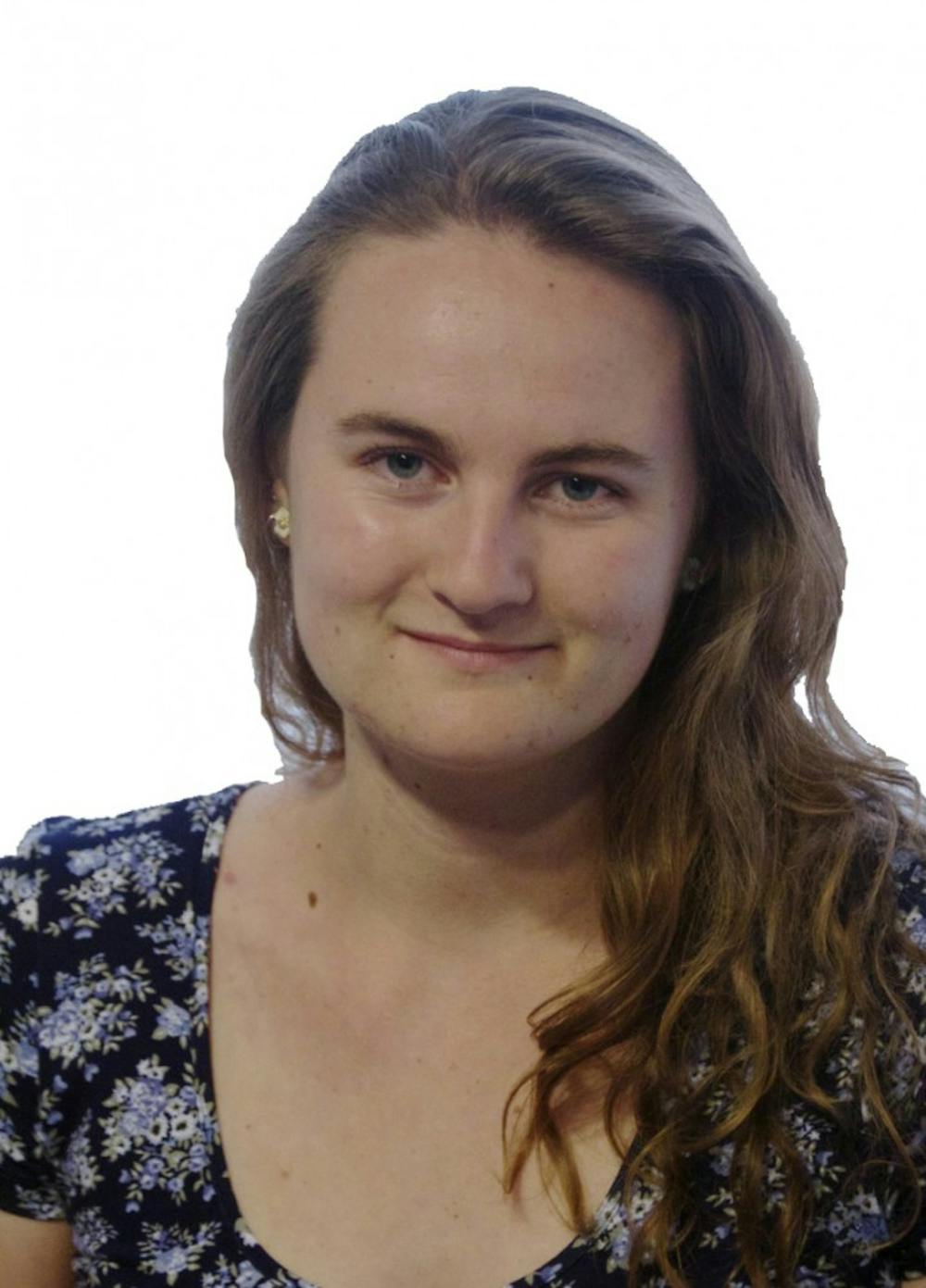This May I went home to see my younger sister graduate from high school. Throughout the weekend I listened to her teachers and the president of her school’s board tell her that, as she went off to college and into the adult world, the most important thing she could do was make up a plan for her life and stick to it.
Draw a road map, one speaker instructed her. Decide where you want to go, then plan out a route to take you there.
For a long time, I would have taken that advice unquestioningly. I knew I wanted to be a writer before I started kindergarten. More than a decade later, I’m still living the plans I started laying then. Do great in school, always. Write often. Write well. Get into college. Major in English. Become an author.
My parents never provided the best model for this sort of advance planning. After high school, my dad worked in a series of eclectic low-paying jobs — as a pin monkey and a junior security guard, for instance — before teaching himself to code and finding work as an engineer. After graduating from Yale, lacking direction, my mom went to Taiwan to teach English and work for an import/export business, before moving to San Francisco and taking the minimum wage bookkeeping job at the answering service where she met my dad. She started an accounting degree, but abandoned it in favor of one in computer science after moving with him to smaller-town Santa Cruz. They went on to found a local internet service provider together, where they work to this day.
Listening to their stories, I’ve always been struck by the unlikeliness of it all, the haphazard way in which they stumbled into their marriage and their careers. As a child looking for a clear path to happiness and success, their example frustrated me. They took the kind of path you can’t plan for, the kind you discover as you go along.
It’s only recently, as I’ve neared the end of the plans I laid so long ago and begun preparing for the reality of life after college, that I’ve started to recognize in the twists and turns they took a certain kind of profound strength. Because the truth is, a 6 year-old — or even an 18 or a 22 year-old — can only really love the idea of a life. Almost none of us go into college with real experience in the careers we’ve chosen. We decide we want to be doctors and bankers, lawyers and artists before we understand what it would mean to become those things — what kind of work we would do, day in and day out, and how we would feel while doing it for weeks and months and years. All dreams, when we’re this young, are just distant fantasies, our imagined futures places we’ve never come close to visiting.
It turns out it’s hard drawing a roadmap to a place you’ve never been.
As I was told I probably would during orientation, I ended up majoring in something different than I planned to when I started at Penn, dropping criminology from my anticipated double major in favor of a creative writing degree and early graduation. One of my closest friends came into college wanting to go into corporate communications and is now majoring in medieval literature and considering a career as an English professor. I’ve seen many others transfer between schools. Last year, I met two fifth-year students who had stayed to complete new majors after deciding that they wanted to do something different with their lives.
That’s okay — good, even. Much better than the alternative, which would leave us all pursuing paths we no longer want to follow, toward dreams we’ve since reconsidered. The straight path — the planned path — might get us there more quickly, but it’s also far more likely to take us somewhere we don’t want to be.
Instead of telling my sister to follow a plan into her future, I want her to know that there’s no honor in sticking with the wrong decision just because it’s the one you made first. You can always change your mind. You can always say no. You can always admit you were wrong, turn back and throw out every map you drew for yourself. And sometimes, you should.
ANNIKA NEKLASON is a rising College junior from Santa Cruz, Calif., studying English. Her email address is neklason@sas.upenn.edu.
The Daily Pennsylvanian is an independent, student-run newspaper. Please consider making a donation to support the coverage that shapes the University. Your generosity ensures a future of strong journalism at Penn.
DonatePlease note All comments are eligible for publication in The Daily Pennsylvanian.









